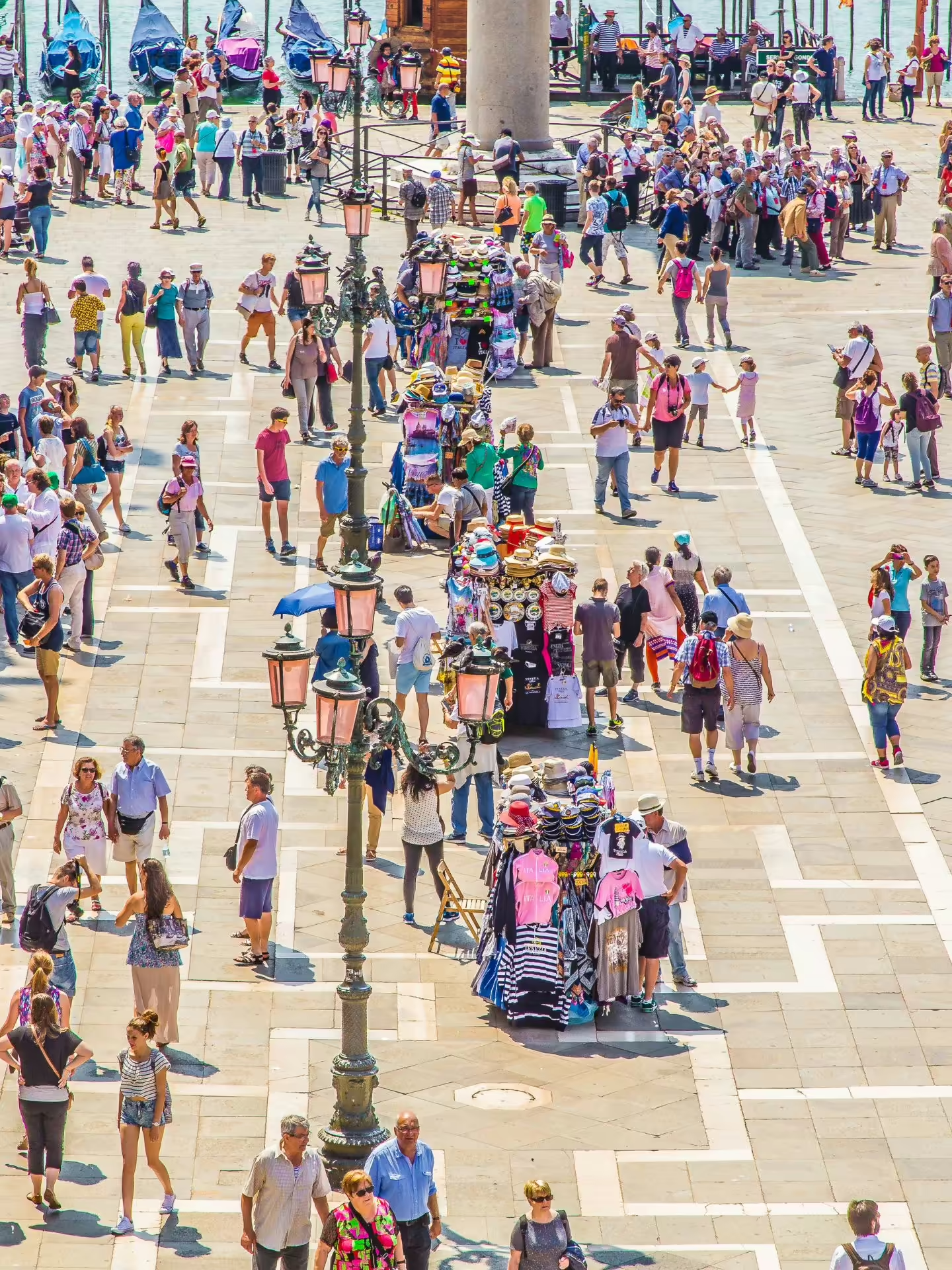Embracing change amidst record travel numbers
As the allure of Europe beckons travelers from all corners of the globe, popular destinations grapple with the challenges of overtourism. From the bustling streets of Amsterdam to the romantic canals of Venice, cities are pioneering innovative strategies to balance the influx of visitors with the preservation of their cultural heritage and the well-being of their residents.
Rethinking tourism taxes: beyond financial solutions
Traditional approaches to overtourism often revolved around financial remedies, such as tourist taxes. However, as the pressure on cities intensifies, destinations are realizing the need for more comprehensive solutions.
Discover how Amsterdam tackles overtourism
Amsterdam, known for its picturesque canals and vibrant culture, has been at the forefront of combating overtourism. In 2024, the city implemented several bold measures to manage the influx of visitors:
- Tourist Tax Hike: Increasing the tourist tax to 12.5% of accommodation costs, the highest rate in Europe.
- Restrictions on Large Vehicles: Banning buses weighing over 7.5 tons from entering the city center.
- Cruise Ship Tax Increase: Elevating the tax for cruise ship passengers to €14 per person.
- B&B Regulations: Prohibiting the opening of new bed-and-breakfasts in certain central districts.
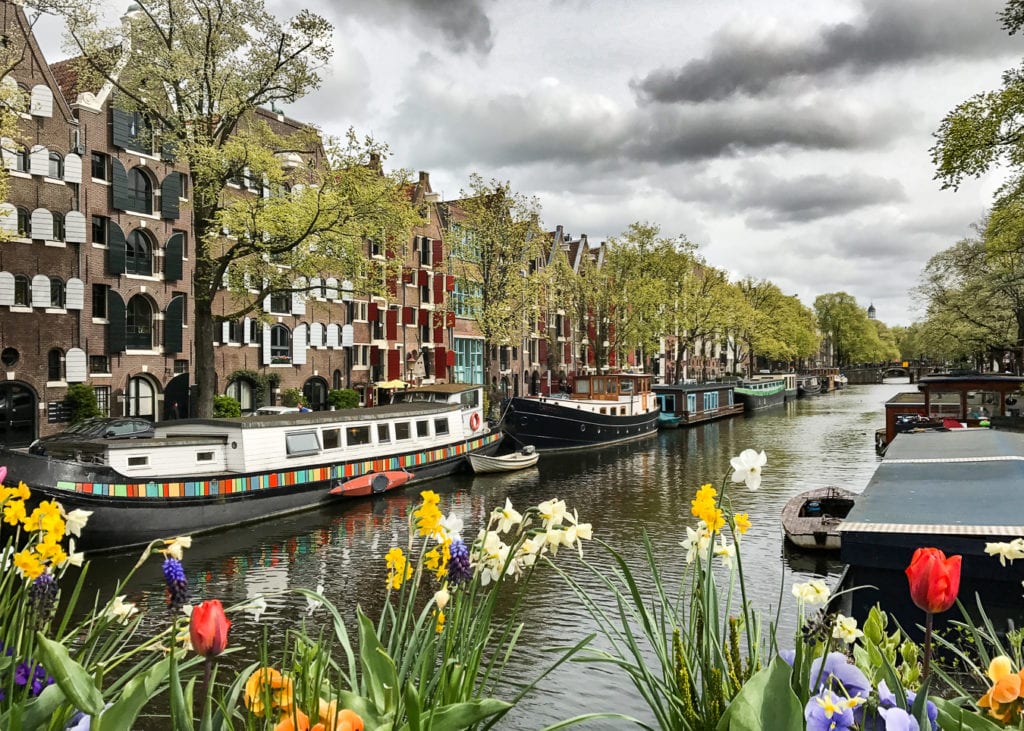
Paris: a constructive approach to managing tourism
In contrast to restrictive measures, Paris has adopted a constructive approach to tackling overtourism:
- Tourist Tax Surge: Paris witnessed a 200% increase in tourist tax, earmarked for enhancing public transportation.
- Diversifying Tourist Routes: France aims to decongest overcrowded sites by promoting lesser-known destinations through social media influencers.
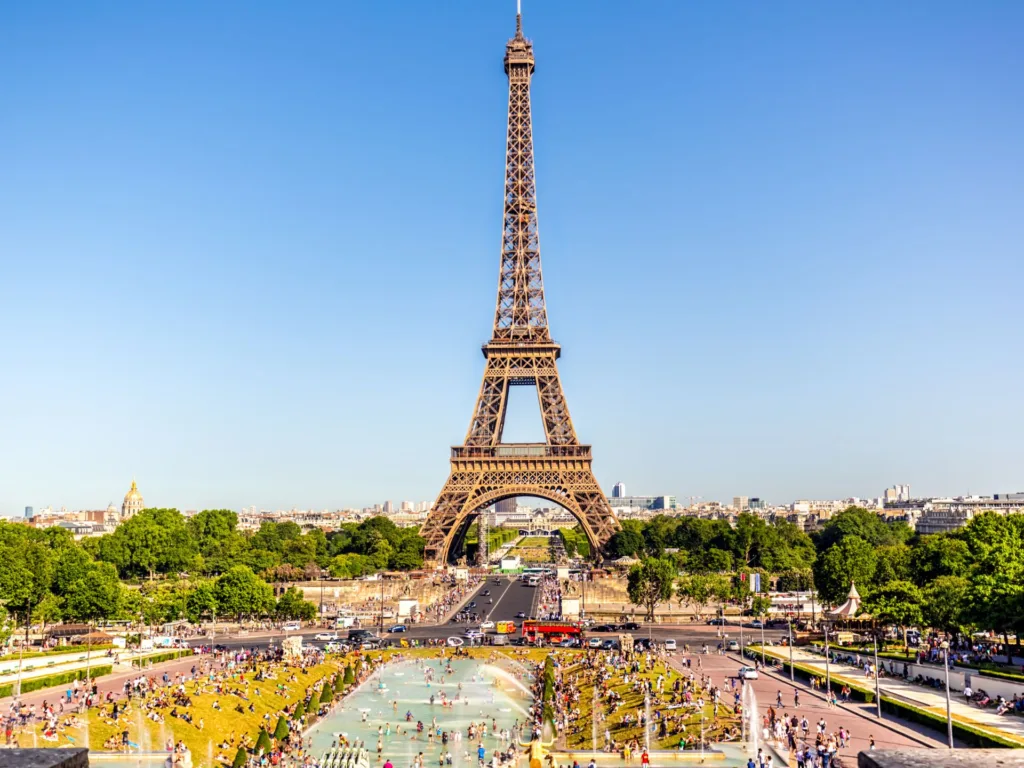
Venice: striking a balance between preservation and accessibility
Venice, a UNESCO World Heritage Site, faces unique challenges in managing overtourism:
- Access Tax Experiment: Testing a new access tax for day-trippers to manage daily visitor numbers.
- Group Tour Regulations: Limiting tourist walking groups and banning loudspeakers to mitigate disturbances.
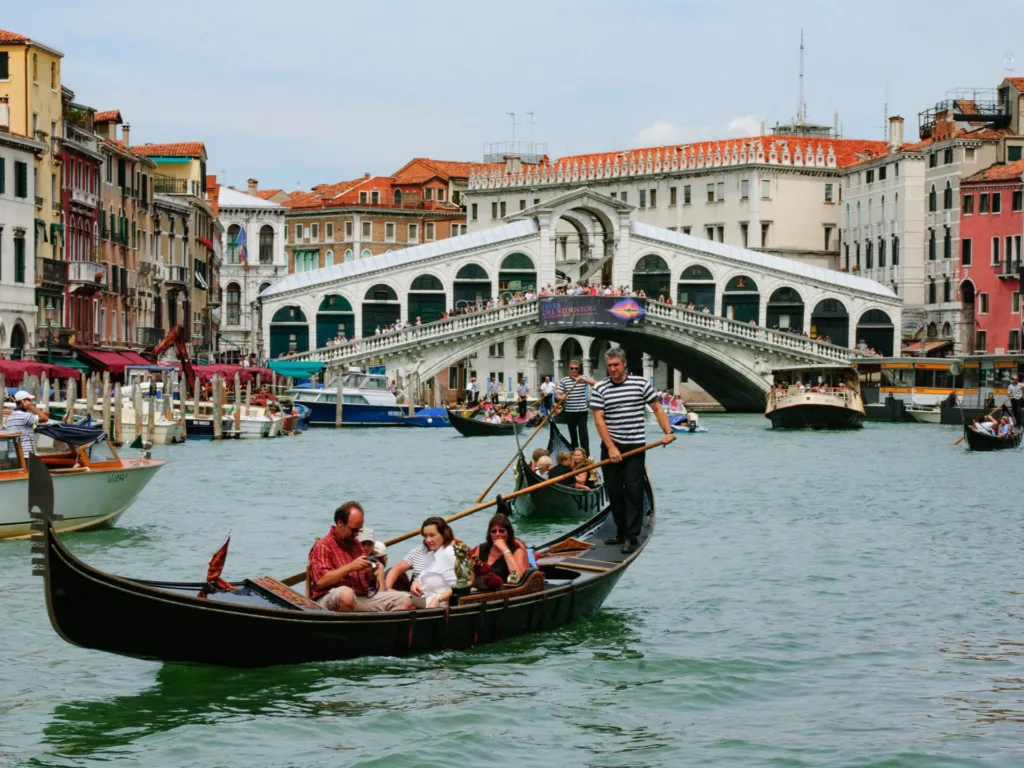
Athens and Lisbon: sustainable tourism practices
Greece and Portugal are prioritizing sustainable tourism practices to preserve their cultural and natural treasures:
- Daily Visitor Caps: Implementing daily visitor caps at iconic attractions like the Acropolis Museum in Athens.
- Cruise Ship Tax Initiatives: Lisbon imposing a tourist tax on cruise ship passengers to fund city maintenance and green spaces.
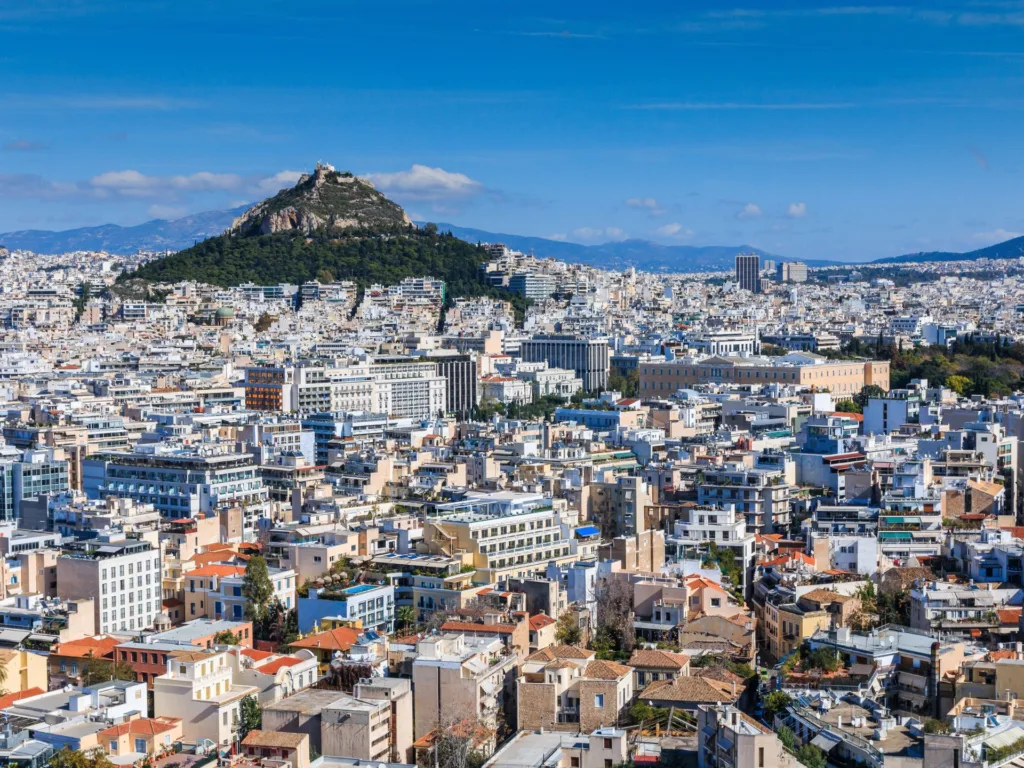
Dublin: a rising star in European tourism
While established destinations tackle overtourism, emerging cities like Dublin are eager to attract more visitors:
- Airport Expansion: Dublin Airport’s expansion plans reflect the city’s ambition to accommodate increasing tourist numbers.
Charting a sustainable future
As Europe grapples with the complexities of overtourism, cities are embracing innovative solutions to ensure the long-term sustainability of their tourism industries. By striking a delicate balance between preservation and accessibility, destinations can continue to enchant travelers while safeguarding their cultural heritage and quality of life.
FAQs
- What is overtourism?
Overtourism refers to the excessive influx of tourists to a destination, leading to overcrowding, environmental degradation, and strain on local infrastructure and resources. - Why is overtourism in Europe a concern?
Overtourism can have negative impacts on the environment, culture, and quality of life for residents. It can also diminish the authentic travel experience for visitors. - How are cities addressing overtourism?
Cities are implementing various measures such as tourist taxes, visitor caps, and diversifying tourist routes to manage crowds and preserve their cultural heritage. - What role do social media influencers play in combating overtourism?
Social media influencers are utilized to promote lesser-known destinations and encourage visitors to explore off-the-beaten-path experiences, reducing pressure on overcrowded sites. - What can travelers do to support sustainable tourism?
Travelers can minimize their impact by choosing less crowded destinations, respecting local cultures and traditions, and practicing responsible tourism habits such as reducing waste and conserving resources.


